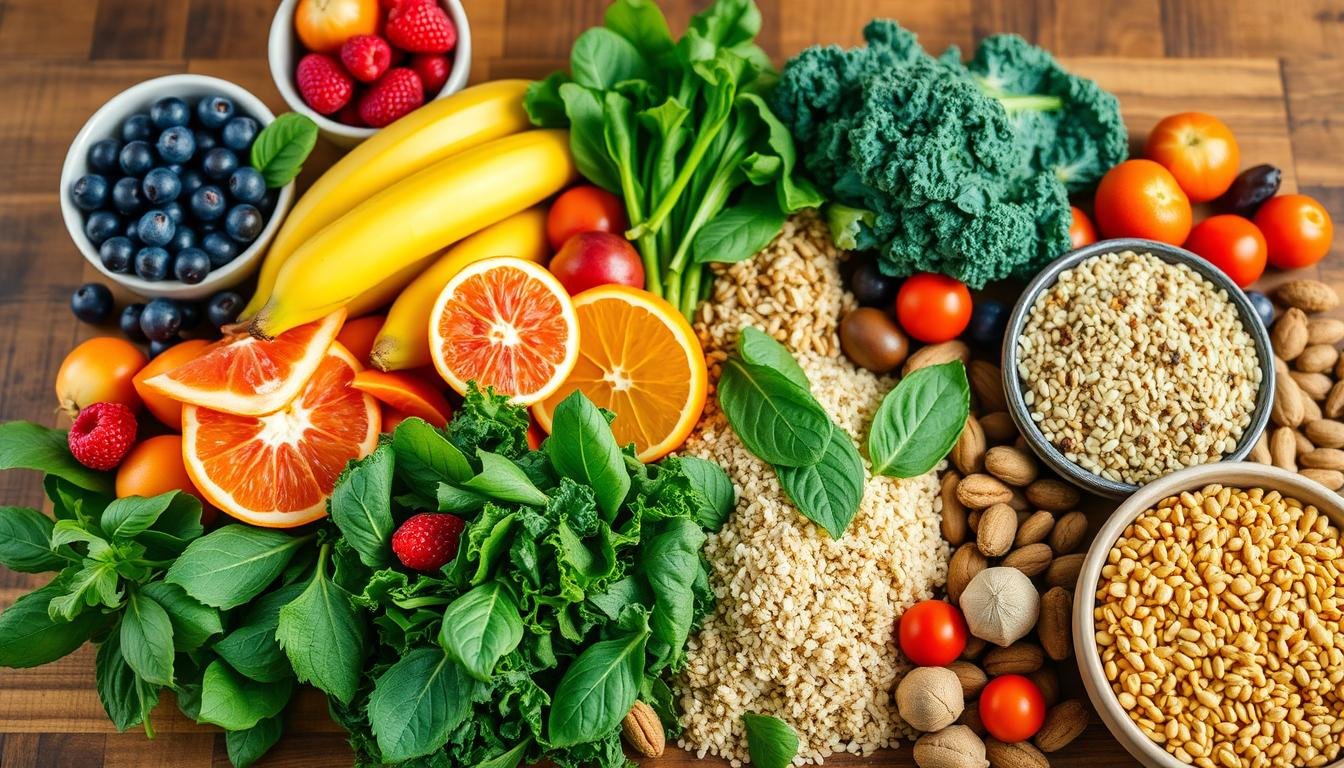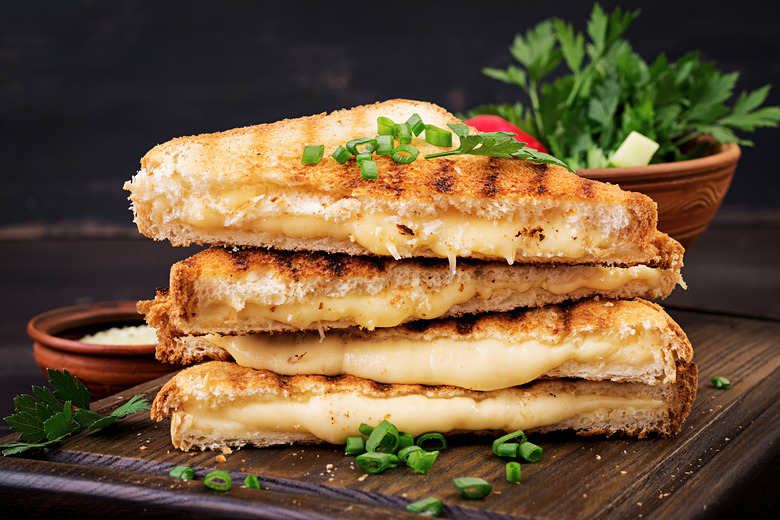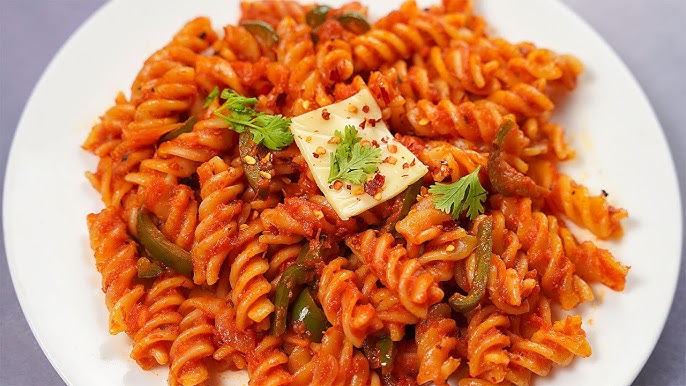What Are The Best Healthy Food For Boosting Your Energy?

Keeping your energy up all day is key for feeling good and being productive. Luckily, there are many healthy foods that give you a boost without the crash from bad snacks. Eating a mix of complex carbs, lean proteins, and healthy fats helps keep your body and mind energized.
Good choices for energy include oatmeal, chicken, beans, nuts, and leafy greens. These foods give you energy-boosting nutrients, fiber, and healthy fats. Drinking water and antioxidant-rich drinks like tea and coffee also help your body stay energized.
Key Takeaways
- Incorporate a balanced diet of complex carbohydrates, lean proteins, and healthy fats for sustained energy.
- Whole, unprocessed foods like oatmeal, chicken, beans, and nuts provide a steady supply of energy-boosting nutrients.
- Hydration from water and antioxidant-rich beverages like tea and coffee can support energy production and overall health.
- Avoid processed or sugary snacks that can lead to an energy crash.
- Timing your meals and snacks can also impact your energy levels throughout the day.
Understanding Energy-Boosting Nutrition Basics
Keeping your energy up all day is key for being productive and feeling good. It’s all about knowing how macronutrients, when to eat, and how much to eat affect your energy.
The Role of Macronutrients in Energy Production
Macronutrients like carbs, proteins, and fats are vital for energy. Carbohydrates give us quick energy for our cells and muscles. Proteins help our muscles work and our metabolism. Fats give us energy that lasts longer. Eating complex carbs, lean proteins, and healthy fats helps keep our energy steady.
How Food Timing Affects Energy Levels
When we eat matters a lot for our energy. Eating smaller meals often keeps our energy steady. This stops the big dips in energy that come with eating too much at once. It helps our body digest food better and gives us energy slowly, so we stay alert.
The Impact of Portion Sizes on Energy
How much we eat also affects our energy. Eating too much can make us feel tired and slow. Eating the right amount of each macronutrient helps our body use energy well and avoid crashes.
“Eating a variety of foods supports gut bacteria, promotes a healthy body weight, and protects against chronic diseases.”
By understanding how macronutrients, when we eat, and portion sizes work together, we can keep our energy up. This supports our health and well-being.
Healthy Food That Provide Sustainable Energy

Keeping your energy up all day is key for being productive and feeling good. Luckily, there are many nutrient-dense options that give you sustainable energy. These whole foods have complex carbs, healthy fats, and vitamins and minerals. They make up a balanced energy-rich diet.
Bananas are a top sustainable energy food. They’re full of potassium, fiber, and natural sugars. These give you energy slowly. Avocados, with their good fats, help keep your blood sugar steady and your energy up. Foods like oatmeal and quinoa are full of complex carbs. They give your body long-lasting energy.
Fatty fish like salmon and sardines are full of omega-3 fatty acids. These support your brain and help make energy. Dark leafy greens, beets, and sweet potatoes are also packed with nutrients. They help keep your energy steady all day.
Adding these sustainable energy foods to your meals can stop that afternoon slump. You’ll stay energized and focused.
“Eating several smaller-portioned meals throughout the day can help reduce the post-meal energy slump and aid in weight loss.”
Power-Packed Fruits and Vegetables for Energy

Boosting your energy levels starts with eating a variety of seasonal fruits and vegetables. These foods give you a natural energy boost. They are also packed with antioxidants, vitamins, and minerals that are good for your health.
Seasonal Fresh Produce Choices
Choosing seasonal fruits and vegetables gives you the best nutrition. For instance, bananas are better for cyclists than sugary drinks, as shown in a PLOS One study. An average apple has 95 calories and 4 grams of fiber, helping keep your energy up all day.
Berries and Citrus Fruits for Natural Energy
Berries like blueberries, strawberries, and goji berries fight fatigue and boost energy. Oranges are a natural source of vitamin C, which can improve your mood and reduce confusion. A medium orange has 73 calories, 3 grams of fiber, and 78% of your daily vitamin C.
Energy-Boosting Root Vegetables
Root vegetables like beets and sweet potatoes are full of nutrients that boost energy. Beets improve blood flow and energy, while sweet potatoes have 20 grams of carbs and 8% of your daily biotin in just ½ cup. They also have antioxidants.
Eating a variety of colorful fruits and vegetables adds many energy-boosting nutrients and antioxidants to your diet. This keeps you feeling lively and focused all day.
| Produce Item | Calories | Fiber (grams) | Key Nutrients |
|---|---|---|---|
| Apple (6.5 oz) | 95 | 4 | Fiber, Antioxidants |
| Orange (5 oz) | 73 | 3 | Vitamin C (78% DV) |
| Banana (1 medium) | 105 | 3 | Fiber, Potassium |
| Avocado (1 cup sliced) | 234 | 10 | Fiber, Unsaturated Fats |
| Goji Berries (5 tbsp dried) | 98 | 4 | Protein, Fiber |
“Embracing the seasonal bounty of fruits and vegetables ensures you get the maximum nutritional benefits.”
Protein Sources That Fuel Your Day

High-quality protein is key for lasting energy and muscle repair. Lean meats like chicken and turkey have protein with less fat. Eggs are a complete protein source, packed with nutrients like choline.
Plant-based foods like lentils, soybeans, and quinoa offer protein, fiber, and carbs. Greek yogurt is a great protein source with probiotics for gut health. Mixing different protein sources, from seafood to dairy and legumes, keeps muscles strong and energy steady.
Choose lean meats, plant-based proteins, or a mix. Be careful with portion sizes and how you cook them. Trim fat from meat, bake or broil instead of frying, and pick low-sodium options. This way, you get the most from these protein-rich foods.
Also Read : Street Food: Delicious And Affordable Eats
FAQs
Q: What are some healthy foods that can boost my energy levels?
A: Foods high in fiber and antioxidants, such as leafy greens like kale and cruciferous vegetables, can significantly boost your energy levels. Additionally, nuts and seeds provide healthy fats and protein, which are essential for sustained energy.
Q: How can I replace saturated fat in my diet?
A: To replace saturated fat, consider using healthier fats found in nuts, seeds, and avocados. Incorporating lean meats like poultry and fish, as well as low-fat dairy products, can also help maintain a balanced diet while minimizing saturated fat intake.
Q: Why should I eat a variety of foods from different food groups?
A: Eating a variety of foods from major food groups ensures that you get a range of nutrients necessary for your overall health. This practice can help reduce the risk of chronic diseases such as type 2 diabetes and cardiovascular disease, while also providing health benefits like increased energy levels.
Q: What role do legumes play in a healthy diet?
A: Legumes, such as beans and lentils, are high in dietary fiber and protein. They contribute to better health by helping to regulate blood sugar levels and reduce the risk of heart disease. Including legumes in your meals can also keep you feeling full longer.
Q: Are there any specific foods that can help reduce the risk of heart disease?
A: Foods like fatty fish, nuts, and whole grains can help reduce the risk of heart disease. These foods are beneficial due to their high content of omega-3 fatty acids and fiber, which can lower cholesterol levels and improve overall heart health.
Q: How can I ensure I’m not consuming too much added sugar?
A: To avoid excessive added sugar, focus on whole foods such as fruits, vegetables, and whole grains. Reading labels on packaged foods can help you identify and limit products high in added sugars. This approach supports healthy eating habits and helps maintain stable energy levels.
Q: What are some nutritious snacks for quick energy boosts?
A: Nutritious snacks like a handful of nuts and seeds, Greek yogurt, or a piece of fruit can provide quick energy. These options are high in nutrients and can help keep your energy levels stable throughout the day.
Q: Is it okay to consume red meat as part of a balanced diet?
A: Yes, red meat can be included in a balanced diet, but moderation is key. Opting for lean cuts and limiting processed meats can help you enjoy the health benefits of red meat while reducing the risk of heart disease and high cholesterol.
Q: What are the health benefits of consuming quinoa?
A: Quinoa is a highly nutritious grain that is high in protein, fiber, and essential minerals like potassium and magnesium. It is a great source of energy and can be used as a versatile base in many meals, contributing to a balanced diet.
Source Links
- https://www.webmd.com/diet/ss/slideshow-food-energy-boost
- https://www.nm.org/healthbeat/healthy-tips/nutrition/jump-start-snacks
- https://www.healthline.com/nutrition/how-to-eat-healthy-guide
- https://www.healthline.com/nutrition/energy-boosting-foods
- https://www.heartandstroke.ca/healthy-living/healthy-eating/healthy-eating-basics





